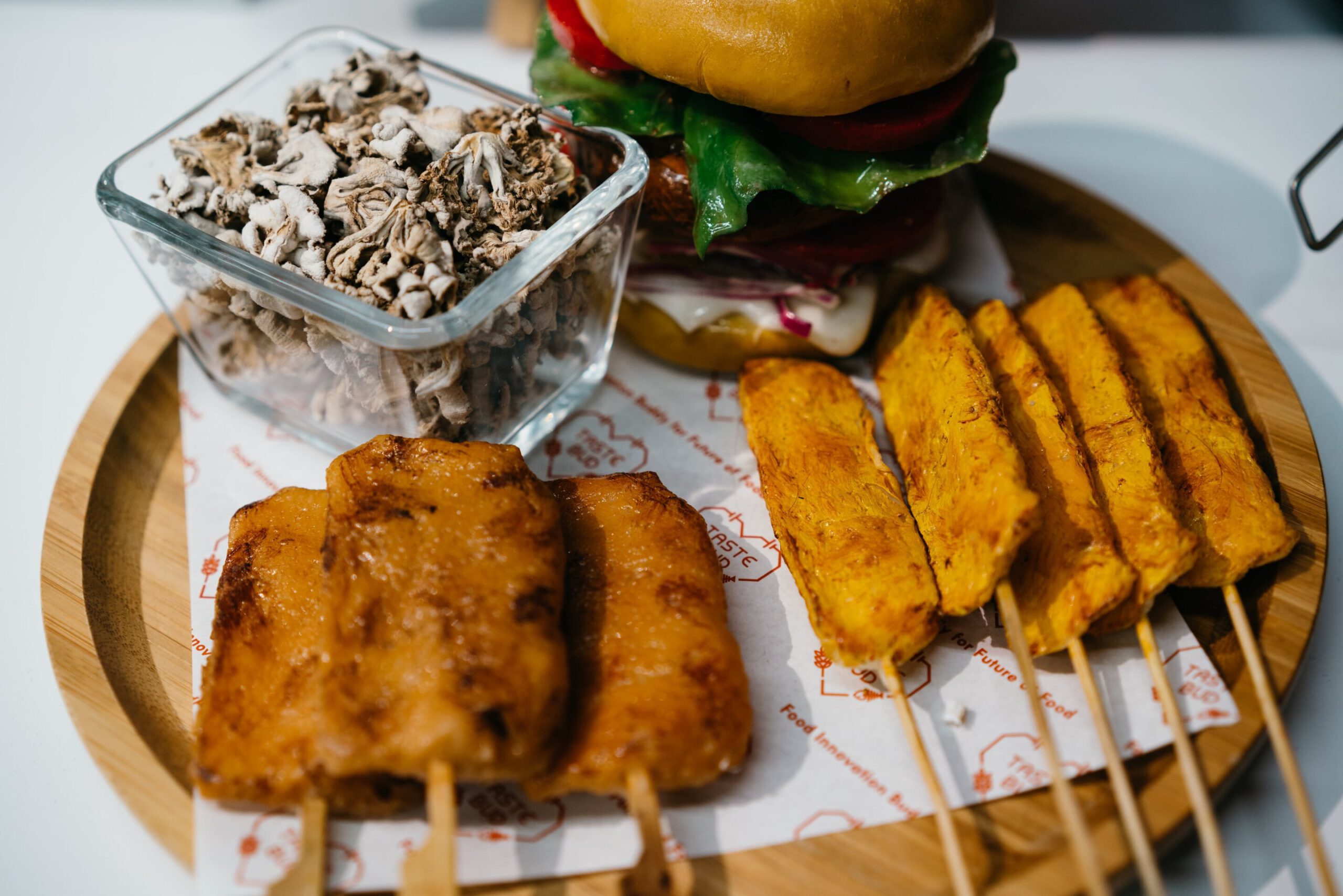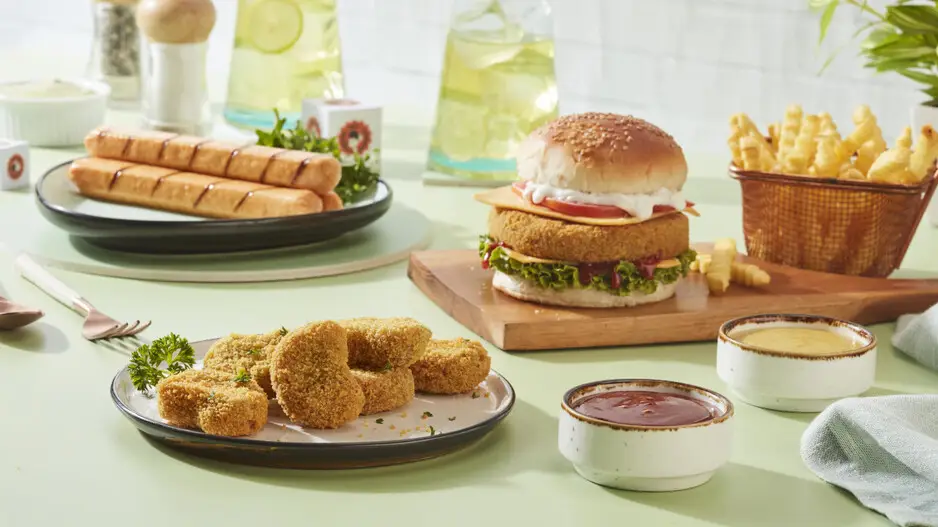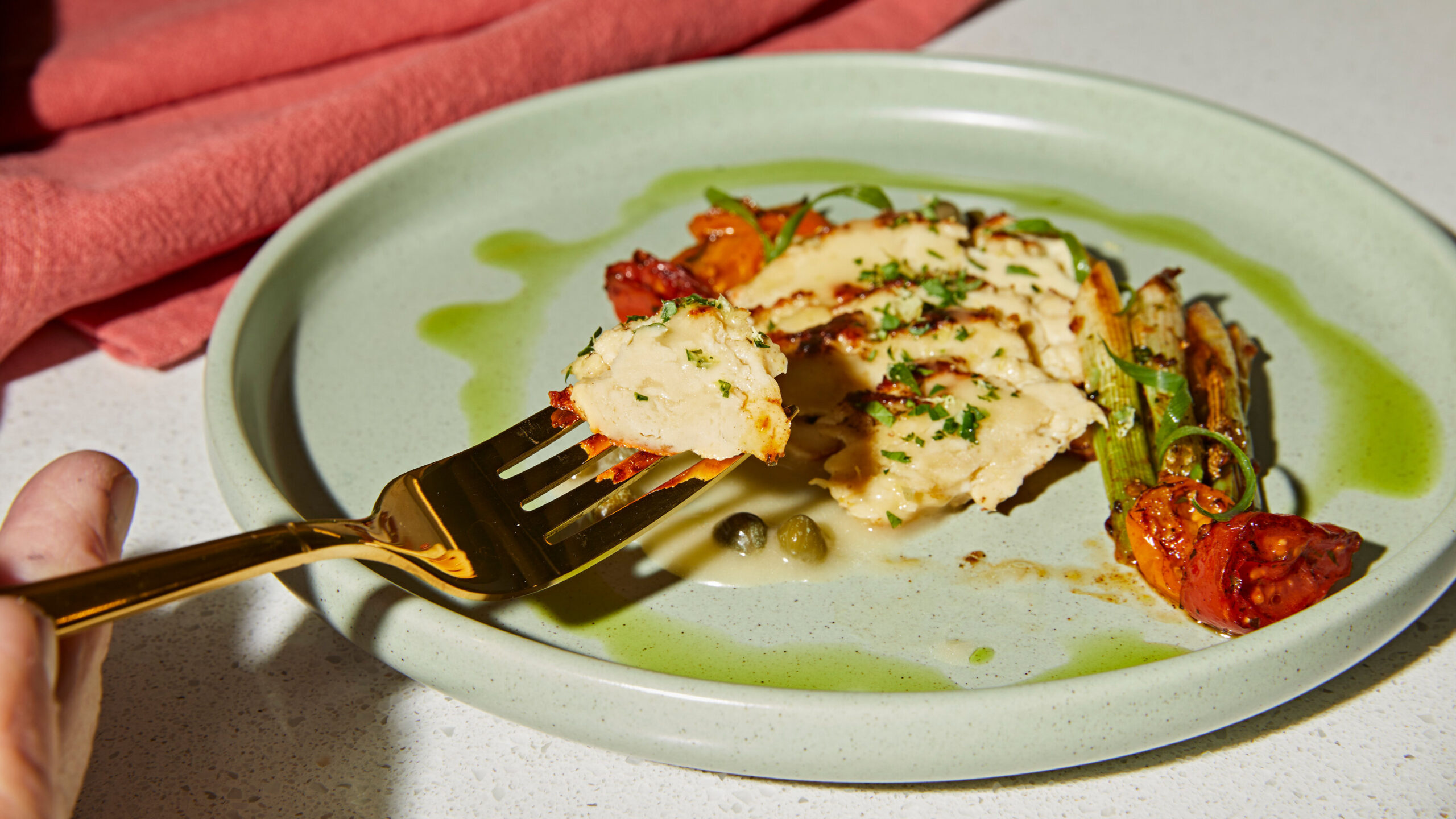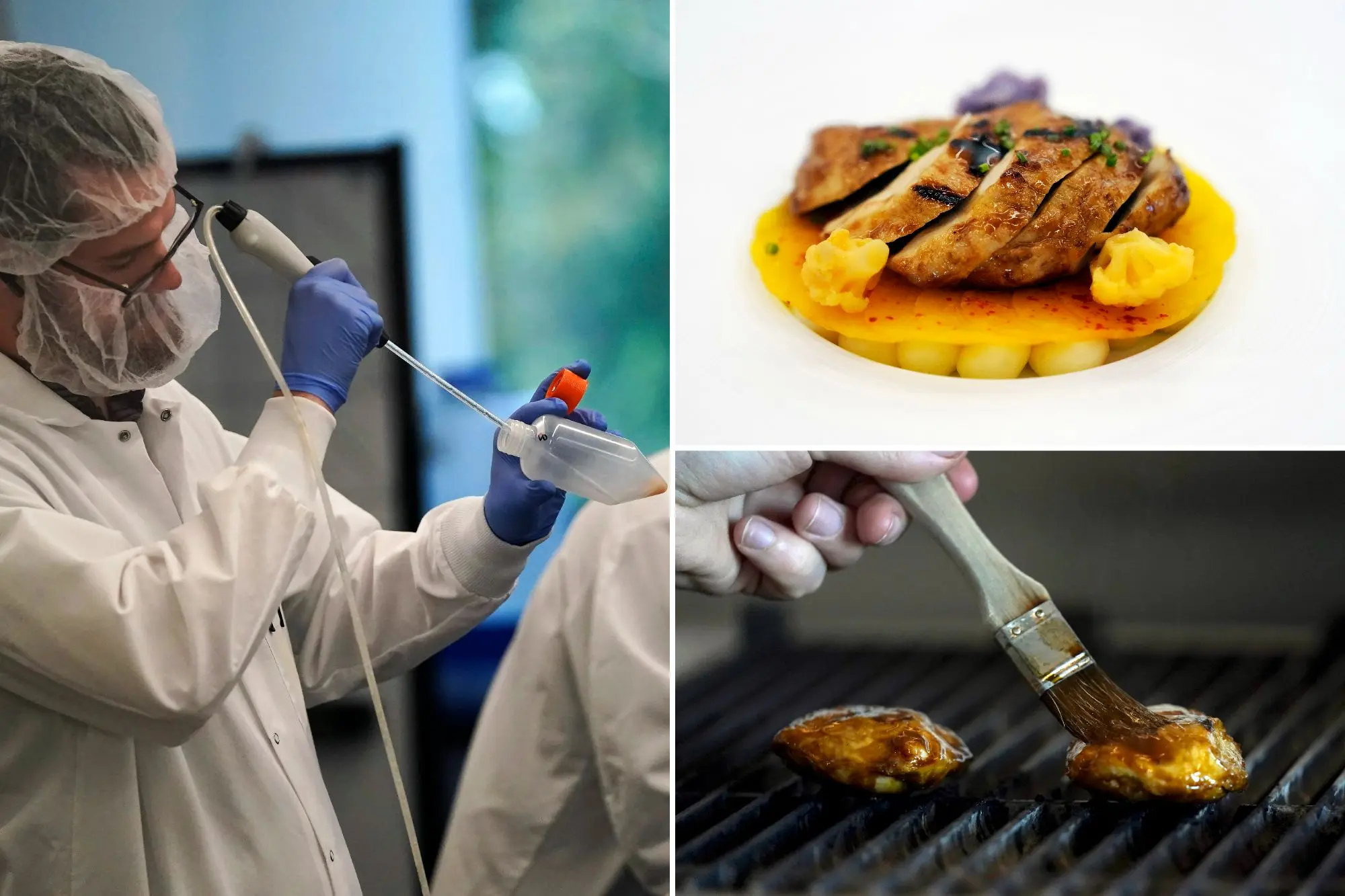Germany’s Hydrosol, a developer and international supplier of food stabilizers and texturing systems for meat, dairy, and alt proteins, is presenting its product development services and ingredient solutions to improve the functional properties of hybrid products.
According to Hydrosol, due to cost considerations, cultivated meat companies will introduce products made with a mix of cultivated and plant proteins to the market first. However, these hybrid products must satisfy consumers’ expectations by replicating the taste and experience of traditional meat.

Hydrosol argues that closely resembling the texture, fibrousness, frying behavior, and mouthfeel of conventional meat is crucial for consumer acceptance of cultivated meat and thus, these hybrid products.
Consumer acceptance
According to Katharina Schäfer, an expert in cellular agriculture at Hydrosol, consumer acceptance is the biggest challenge in the industry.
Her research on the topic has found that public awareness, knowledge, ethical and ecological concerns, and emotional factors will influence the acceptance of cultivated meat. However, the nutritional advantages and close resemblance to traditional meat will significantly impact positively on its adoption. For example, one of the advantages of cultivated meat is that its composition can be adjusted to deliver health or taste benefits. A cultivated steak could contain omega-3 fatty acids and fiber. This will convince many consumers, says Schäfer.
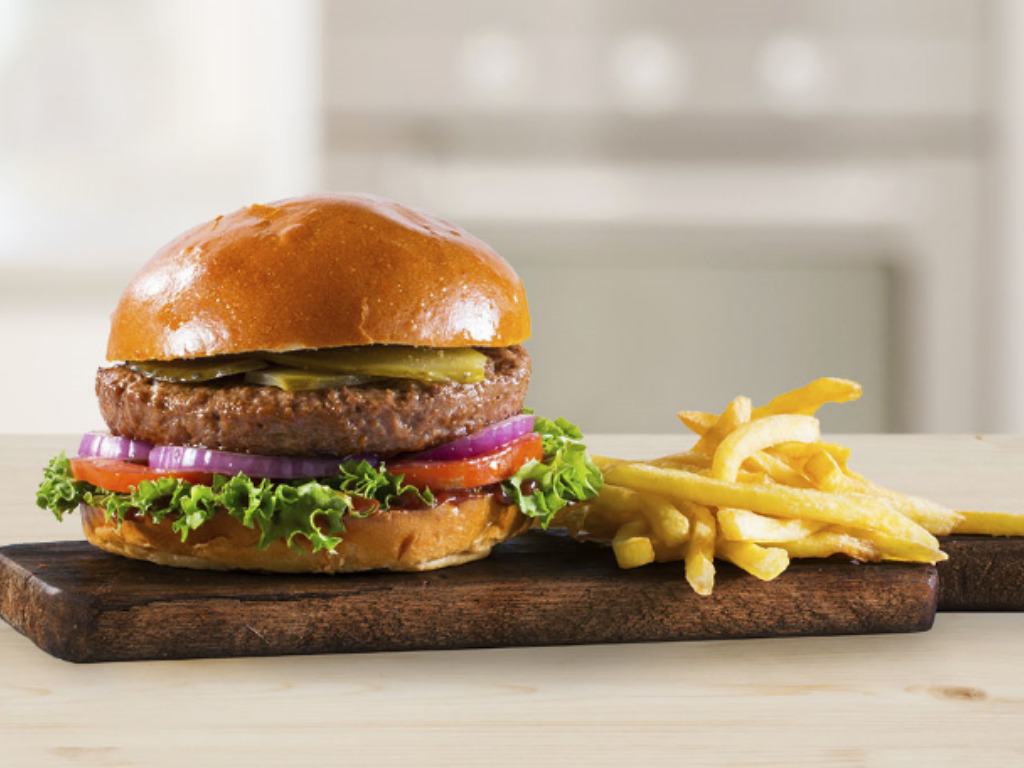
With its focus on improving the functional properties of products and its extensive experience in the meat and plant-based protein industries, Hydrosol’s services will be invaluable in developing and improving these innovative products. Additionally, the expertise and synergies with its sister company, Planteneers, will allow Hydrosol to offer comprehensive solutions to its cultivated meat customers.
** Click here to read the full-text **





